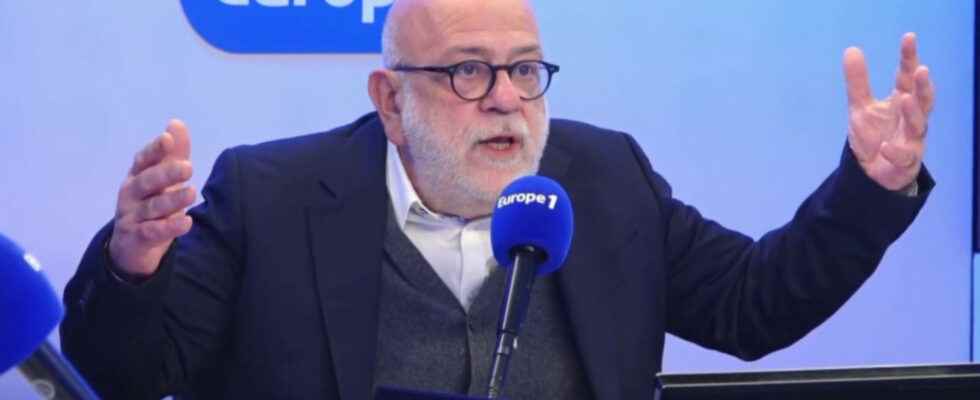At the microphone of Sonia Mabrouk, Jean-François Colosimo, historian and specialist in Russia, delivered his analysis on the missile “very probably of Russian manufacture” but of uncertain origin which touched Polish soil and killed two people. According to the specialist, the missile would be an unintentional “collateral damage”. “If Vladimir Putin had wanted to extend the conflict, he would not have proceeded by targeting a tractor and two poor peasants who died in this obviously collateral damage,” he explains.
According to Jean-François Colosimo, on the Ukrainian side, “they had no interest in extending the conflict” as well. Nevertheless, for the historian, the Ukrainian president is in his role: “It’s been eight months that he tries to explain to us that this conflict concerns all of Europe”, he adds.
“It’s the syndrome ‘we were right, we said so'”, continues the specialist.
A change of strategy
The historian also analyzes a change of strategy in “the Baltic countries, in Hungary, in Poland” since the start of the war in Ukraine. “We see that Hungary is getting closer to Poland, when things were not going well between the two countries at all because it was indeed the Russian differential. But there, the positions of 1989 are taken up again. At the time of the dislocation of the Eastern bloc, these countries entered Europe to enter NATO in order to have a form of security against this Russia which was for them the Soviet Union and before that the tsarist empire “.
They were then waiting for security from the Americans, reports Jean-François Colosimo. This moment marks the beginning of an “original misunderstanding” between the countries of the Eastern bloc and NATO. “We thought he had an aspiration to join the world of liberal values while they were in a problem of identity restructuring. That’s why there are non-stop hiccups between these two parts of Europe “, analyzes the researcher.
With the war, “these hiccups almost become a tear” with two opposing conceptions, reports the academic. “This incident allows Warsaw, Budapest, Riga, kyiv to say (to countries not from the eastern bloc of the European Union Ed) “but you can see that you were naive”.
“These countries tell us ‘you have to reckon with us and we want Putin’s Russia to disappear'”, concludes the historian.
